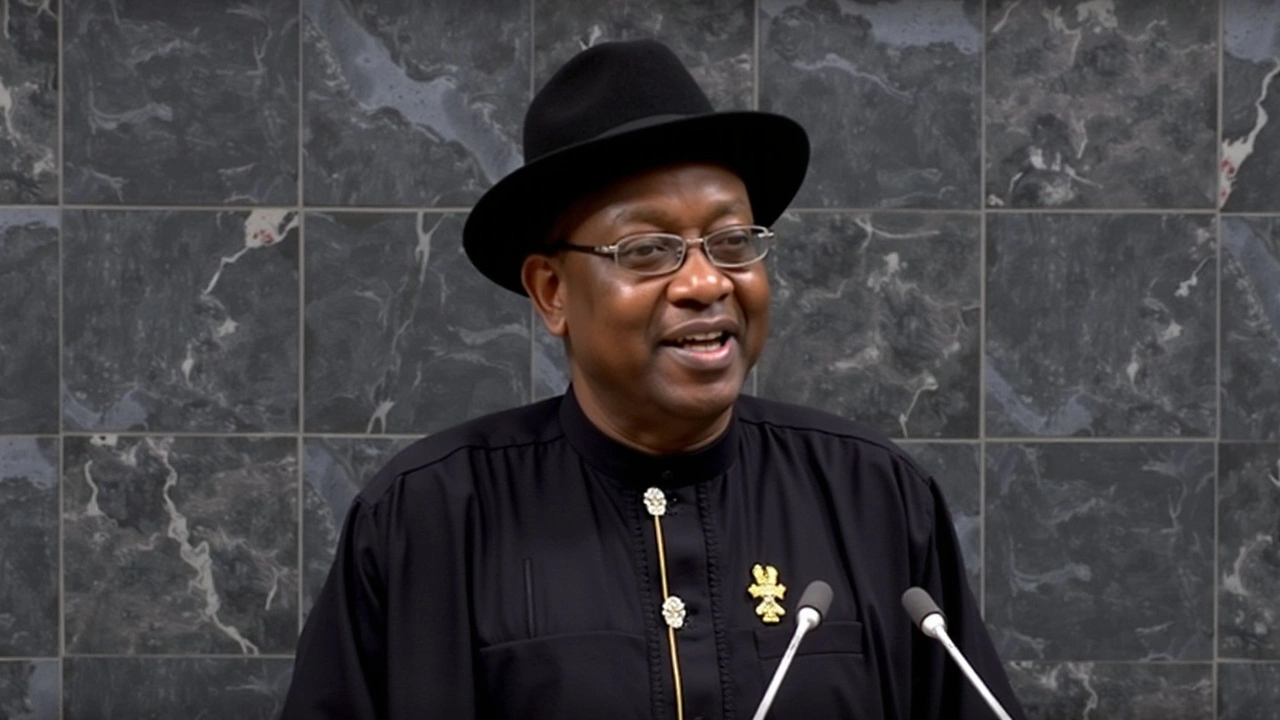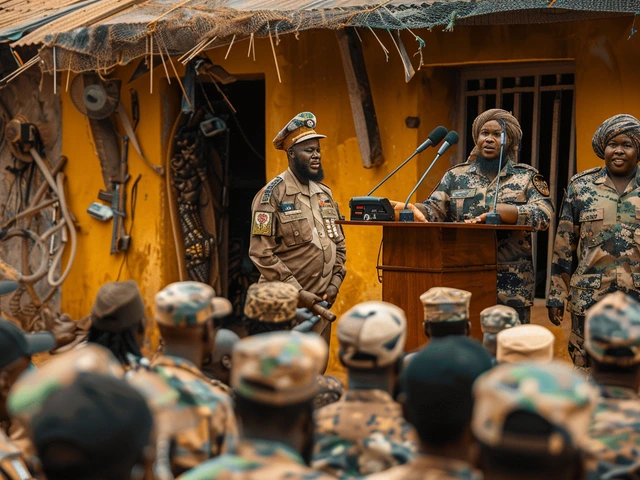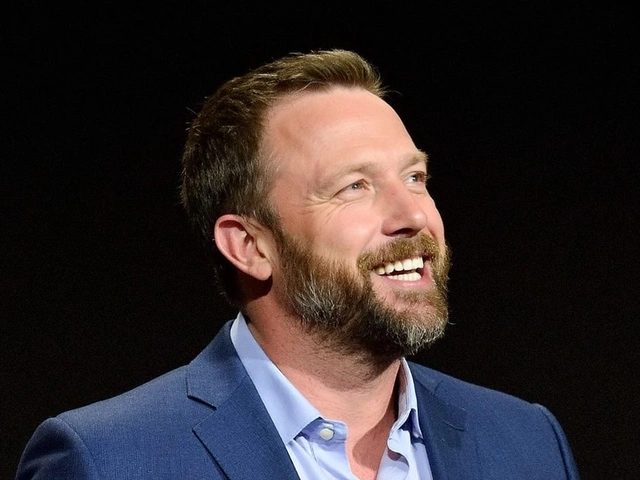The Historical Echoes of Political Unrest in Rivers State
Former President of Nigeria, Dr. Goodluck Jonathan, has stepped into the limelight with a critical evaluation of the current political unrest unfolding in Rivers State. This state, often referred to as the nexus of the Niger Delta, has been a focal point for both political and economic discourse, especially given its strategic importance due to oil production. Jonathan, in his address, made a striking analogy between the ongoing disturbances and the crisis that occurred in Nigeria's Old Western Region during the mid-20th century, suggesting that history might be on the verge of repeating itself in a rather troubling fashion.
The Crucial Role of Elections
According to Jonathan, the trajectory of democratic growth in any nation is deeply intertwined with the integrity of its electoral processes. Elections are not just mere political events; they are the bedrock upon which a nation hinges its democratic ideals. They offer a means for citizens to express their sovereignty and their collective choice for leadership. However, when the conduct of these elections is marred by controversy or unrest, as seen in Rivers State, it undermines public faith in governance and poses a significant threat to democracy.
The Larger Implications for the Niger Delta
Rivers State's position as the gateway to Nigeria's oil-rich Niger Delta imbues it with an added layer of complexity in political terms. Jonathan highlighted that instability in this region could have rippling effects across the nation, considering its economic significance. The specter of unrest brings with it concerns not only for local governance but also for national security, as any disturbance in this vital area can have far-reaching consequences.
Call for Restraint and Patriotism
In light of these concerns, Dr. Jonathan made an earnest appeal to political actors in Rivers State. He emphasized the necessity of exercising restraint and prioritizing the nation's welfare over individual ambitions. Political figures are urged to adopt a stance of patriotism, recognizing that the preservation of peace forms the cornerstone of any functional democracy. A loss of peace could negate any political gains achieved, bringing the region and the nation into disrepute on the global stage.
The Role of Security Agencies
Jonathan also turned his attention to security agencies, particularly the police, imploring them to exercise caution. He warned against any actions that could incite violence or disrupt civil order. The conduct of these agencies is paramount, as they ensure the safety and security of both the electoral process and the citizenry. A lapse in their judgment or actions could dismantle the delicate balance that maintains societal harmony.
Security and Law Enforcement Accountability
He underscored the importance of law enforcement agencies maintaining a nonpartisan stance, ensuring fairness and justice in their operations. The credibility of these institutions hinges on their ability to act without political bias, especially during sensitive times such as elections.
Judiciary's Involvement and Consequences
The judiciary did not escape scrutiny in Jonathan's remarks. He raised alarms over the emergence of conflicting court orders related to the electoral disputes, suggesting that these could further exacerbate the crisis. He pointed out the risk such orders pose; they have the potential to delegitimize the judiciary as an institution and undermine its role as a pillar of democracy. An appeal was made to the National Judicial Council (NJC) to intervene and harmonize these discrepancies to safeguard democratic principles.
The Collective Asset of Democracy
Democracy, Jonathan argued, is a collective asset, one that requires constant nurturing and protection. Its progress hinges on a steadfast commitment to rule of law and the persistent pursuit of peace and justice. These ideals must be at the forefront of governmental actions, reflective not only in policy making but also in the execution of elections.
The Responsibility of State Institutions
State institutions, particularly the police and judiciary, are tasked with an enormous responsibility. Their actions must align with public interests, actively contributing to an environment conducive to peace, equality, and justice. Missteps in these areas can lead to a decline in democratic gains and erode public trust.
A Digital Appeal of Caution
Jonathan’s statement, disseminated through his Facebook page on October 5, 2024, serves as both a cautionary tale and a call to action for all stakeholders involved. As Rivers State grapples with its current electoral challenges, his words are a poignant reminder of the past crises that have shaped Nigeria's political landscape and the urgent need to protect its democratic future.
The former president’s appeal calls for unity and deliberate efforts towards stabilization and peace to ensure that the legacy left for future generations is one of hope and progress rather than discord and unrest. As the situation in Rivers State unfolds, the nation watches closely, with an understanding that the stakes are high and the potential for lasting impact is significant.






Write a comment